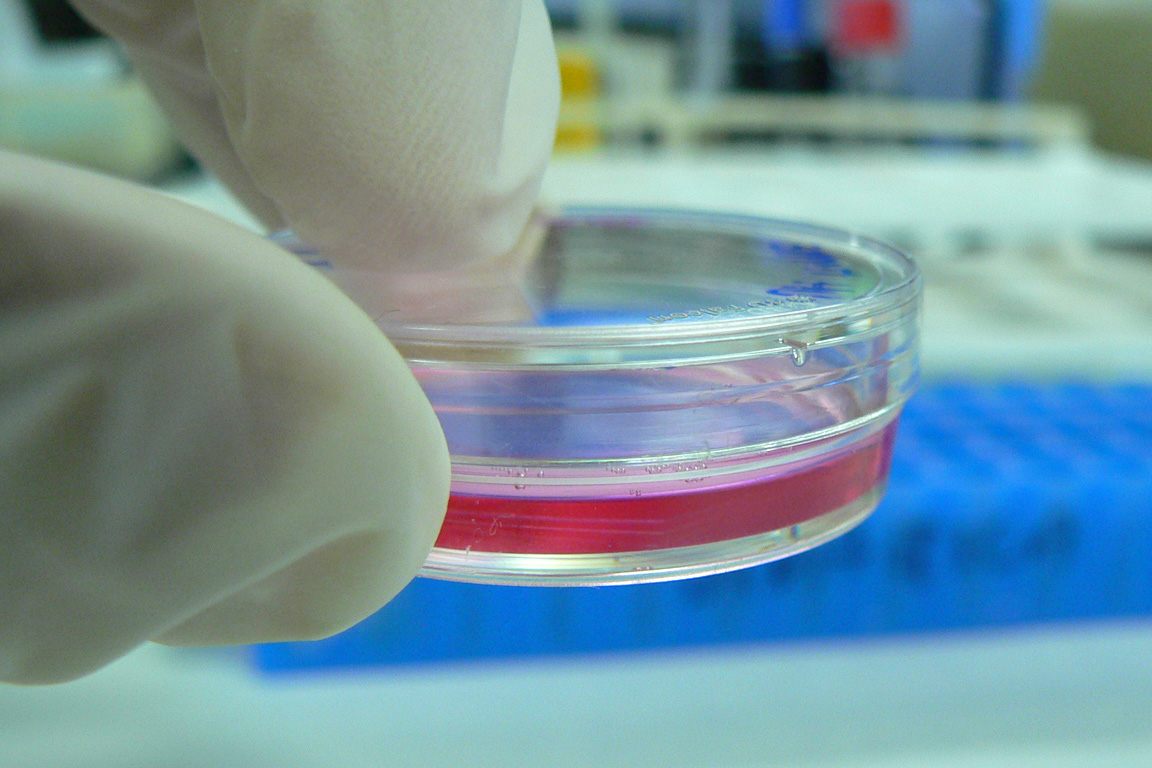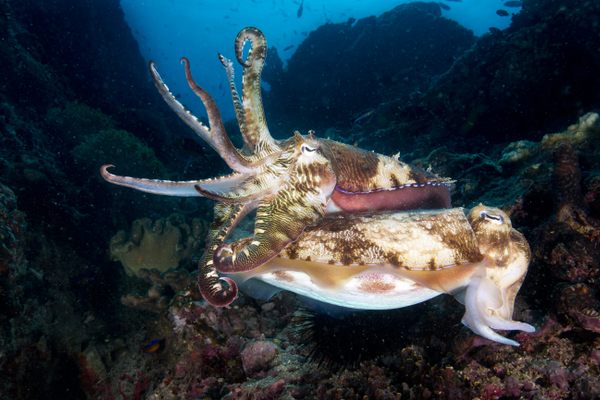Scientists Grow 2-Week-Old Human Embryo Outside of Womb For First Time
The future is coming.

(Photo: Umberto Salvagnin/CC BY 2.0)
For the first time, scientists have grown a human embryo for two weeks outside of a mother’s womb, they said Wednesday.
Among the things they learned? That cells in human embryos have enviable organizational skills, which allows them to quickly form the basic shape of what will later be full-bodied humans, according to Reuters.
“Embryo development is an extremely complex process and while our system may not be able to fully reproduce every aspect of this process, it has allowed us to reveal a remarkable self-organizing capacity … that was previously unknown,” Marta Shahbazi, one of the researchers, told Reuters.
Previous attempts at growing human embryos outside the womb had never surpassed the seven-day mark, at which point the embryo needed to be implanted inside a uterus to grow further. But the scientists developed a new method first tested on mouse embryos that allowed them to go beyond that.
Fourteen days, it turns out, is the limit for growing human embryos outside the womb established by international law. But the new findings mean that the international community might need to rethink that law, something the scientists themselves said could allow for better research.
“Longer cultures could provide absolutely critical information for basic human biology,” Magdalena Zernicka-Goetz, who co-led the research, told Reuters. “But this would of course raise the next question–of where we should put the next limit.”















Follow us on Twitter to get the latest on the world's hidden wonders.
Like us on Facebook to get the latest on the world's hidden wonders.
Follow us on Twitter Like us on Facebook